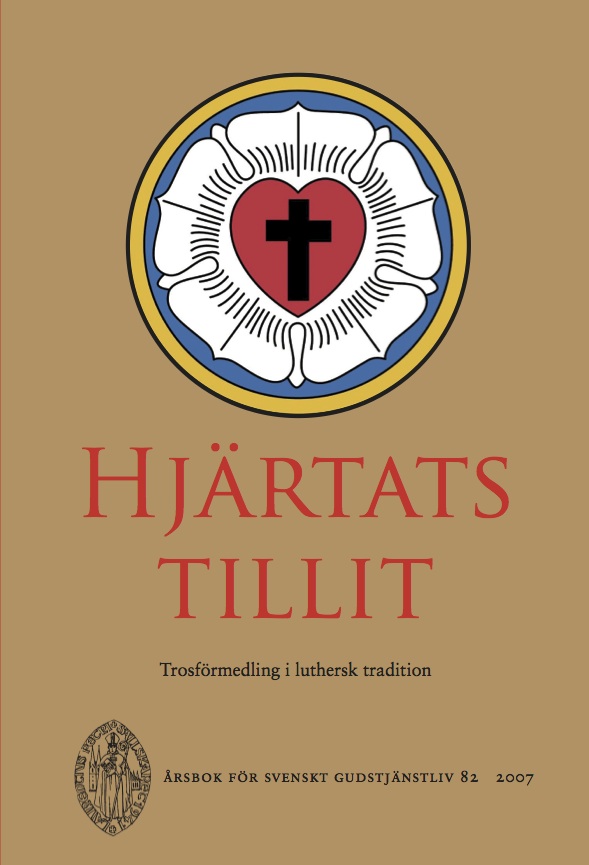Musiken som ordets tjänarinna i Martin Luthers tyska mässa 1526
Abstract
Music as Servant Girl in Martin Luther's German Mass of 1526
When Luther in 1526 produced his »German Mass», after having resisted his friends´ entreaties for five years, his ambition was a »real German Mass,» where text, stress, melody and emotion all were in harmony with the character of the German language. His predecessors simply had kept the latin melodies together with a German translation of the text without adapting the notes to the prosody of the German sentences. In theory, music was intimately related to rhetoric in Luther´s time. Basic was Qintilianus´ chapter on music in his famous handbook of rhetoric: Institutio oratoria, I,10 ff. According to him, the most important quality is the eminent ability of music to excite or assuage the emotions of mankind. In the power over the emotions he also found the life and soul of oratory (Inst.or. VI, 2, 7). For Luther, understanding of a text, especially Bible texts, depended to a large degree on the correct estimation of its emotional content. A spoken text carries a large amount of emotional meaning in its modulation, while a reader has to supply this in his imagination himself. Thus for Luther »the voice gives life to the word», while a written word was »dead». Accordingly he devoted great care to chosing the most congenial modes to be found in the musical tradition of the Church. He had the choice between eight church tones which in musical theory were linked to emotions, adapting rythm, stress and melody, accentus, to match the text´s both meaning and affectus, and thus ensure the best possible understanding »of the heart». The result, as is shown in the analyses in this study, demonstrates his eminently skillful, creative and flexible handling of this rich heritage.
Downloads
Publicerad
Nummer
Sektion
Licens
© författarna, Laurentius Petri Sällskapet för svenskt gudstjänstliv samt Artos & Norma bokförlag. Det är tillåtet att kopiera och använda material ur Svenskt Gudstjänstliv för forskningsändamål om källan anges. För övriga ändamål kontakta respektive artikelförfattare samt förlaget. Särskilda restriktioner kan gälla för bildmaterial.


